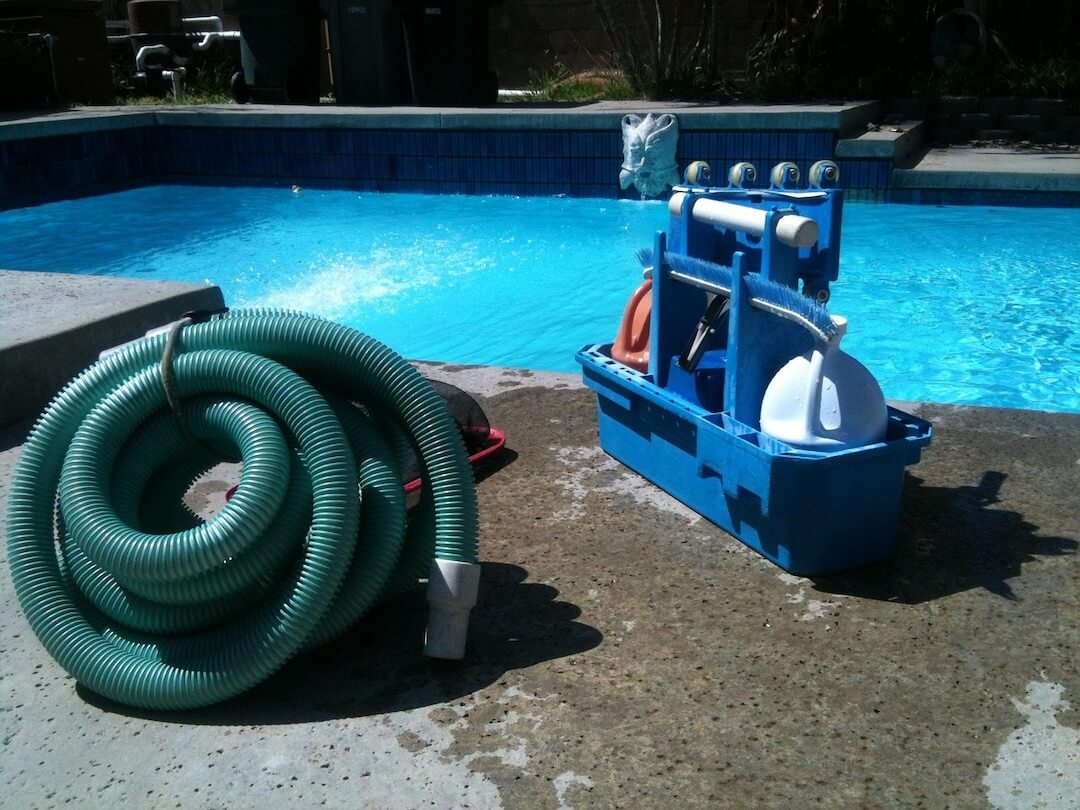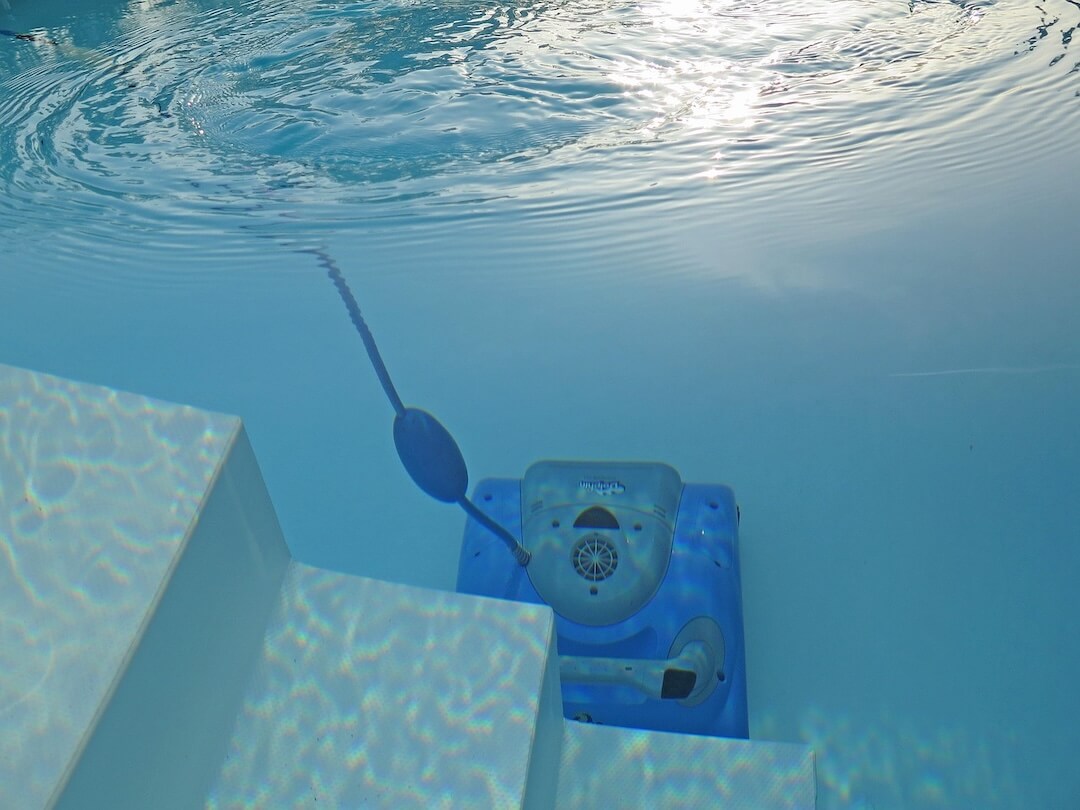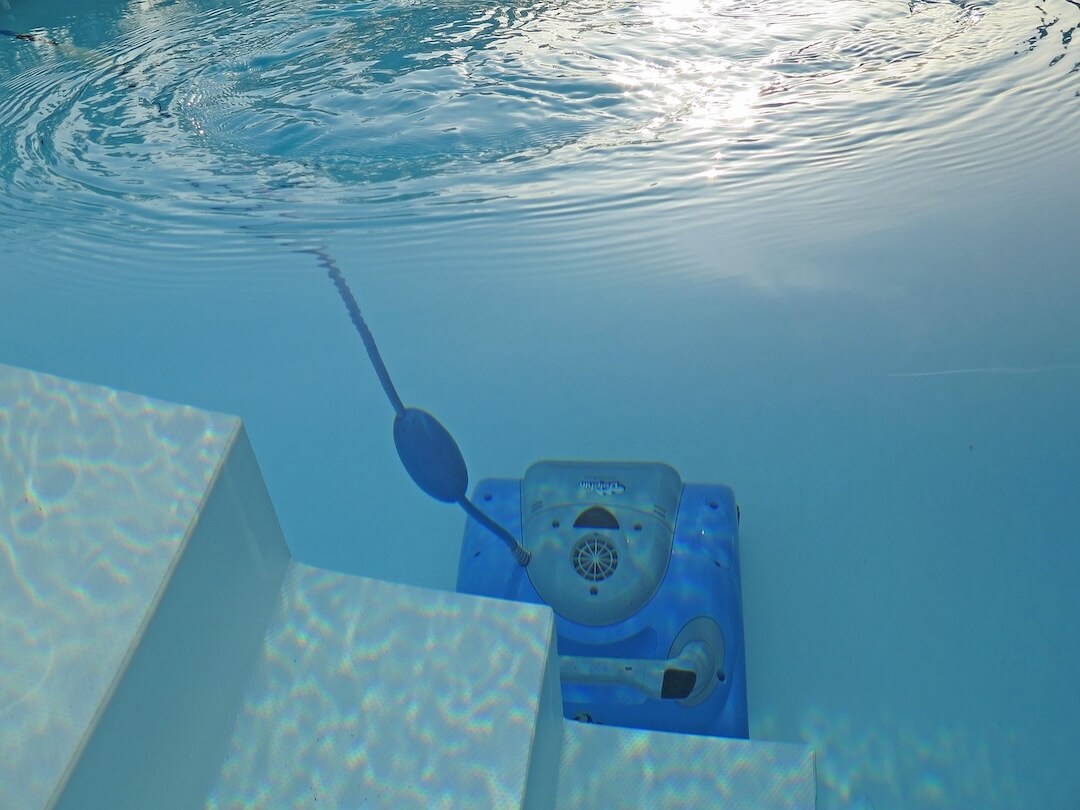How to Troubleshoot Pool Leaks

How to Troubleshoot Pool Leaks
A leaking pool can quickly turn into a costly headache for homeowners in Fort Lauderdale. Whether you’re dealing with an unexpected water loss or suspect a leak in your swimming pool, understanding the proper troubleshooting steps is essential. Pool leaks not only waste water and increase your utility bills but can also cause structural damage, algae growth, and equipment failure if left unaddressed. This guide provides a detailed overview of how to troubleshoot pool leaks, helping Fort Lauderdale residents identify the source of the problem and take appropriate action.
Recognize the Signs of a Pool Leak
Before diving into troubleshooting techniques, it’s crucial to recognize the signs indicating your pool may have a leak. Common indicators include:
- Unexplained water loss: If your pool’s water level drops significantly over a few days without heavy use or evaporation, it’s a red flag.
- Constantly needing to add water: Regularly refilling your pool beyond normal evaporation rates suggests a leak.
- Wet spots or erosion around the pool: Pooled water, soggy ground, or erosion around the pool’s perimeter can be signs of leakage.
- Increased chemical demand: A leak can introduce contaminants and cause your pool’s chemistry to become unbalanced.
- Bubble or spray leaks: Air bubbles escaping from jets or spray leaks in the equipment area might indicate an internal leak.
Detecting these signs early in Fort Lauderdale’s humid climate can help prevent more serious damage and costly repairs down the line.
Conduct the Bucket Test in Fort Lauderdale’s Climate
One of the simplest and most effective methods to detect a leak is the bucket test. Here’s how Fort Lauderdale homeowners can perform it:
1. Turn off all pool equipment, including the pump, filter, and heaters.
2. Fill a clean, floating bucket with water to about two inches from the top.
3. Place the bucket on the pool step or a stable surface at the same water level as the pool.
4. Mark the water level inside the bucket and the water level on the pool’s surface with waterproof tape or a permanent marker.
5. Turn the pump back on and let everything run for 24 hours.
6. After 24 hours, compare the water levels:
- If the pool’s water level drops more than the bucket’s, you likely have a leak.
- If both levels drop similarly, evaporation might be the cause — which is common in Fort Lauderdale’s hot, humid weather.
This test provides a baseline for determining whether water loss is due to evaporation or a leak, saving you time and money.
Inspect the Pool’s Structure and Equipment
A thorough visual inspection is critical. Fort Lauderdale homeowners should check:
- Pools’ vinyl liners or plaster surfaces for tears, cracks, or holes.
- Fittings, jets, and returns for cracks or leaks.
- Skimmer and drain covers for tightness and integrity.
- Pool plumbing for visible leaks, corrosion, or loose fittings.
- Pool equipment such as filters, pumps, and valves, for leaks or damage.
- Deck and surrounding areas for pooling water or erosion.
Leaks can originate from various sources, and a comprehensive inspection can pinpoint the exact location.
Use Dye Testing to Pinpoint the Leak
Dye testing is a precise method to locate leaks underground or in hard-to-see areas. Using a pool dye test:
- Obtain a non-toxic, water-soluble dye from a pool supply store.
- Carefully add the dye near suspected leak areas—such as fittings, cracks, or the shell.
- Watch closely to see if the dye is drawn into cracks or flowing out of fittings.
- In Fort Lauderdale’s humid environment, perform this test during cooler parts of the day to improve accuracy.
If dye is drawn toward a specific area, it confirms the leak’s location, allowing focused repair efforts.
Check for External Leak Sources
Sometimes, leaks are caused by external factors. In Fort Lauderdale, common external leak sources include:
- Poorly sealed or cracked skimmer baskets
- Broken or loose liner seams
- Damaged or misaligned flashing or coping
- Hydrostatic pressure and soil movement, especially after heavy rains or flooding typical in Florida
Inspect these areas carefully and consider professional assessment for complex external leaks.
When to Call a Professional Leak Detection Service in Fort Lauderdale
While many small leaks can be diagnosed and repaired by homeowners, complex leaks often require specialized professional leak detection services. Our Fort Lauderdale’s experienced pool leak detection technicians utilize advanced tools such as:
- Electronic listening devices to detect the sound of escaping water or air
- Infrared cameras for detecting temperature variations caused by leaks
- Pressure testing equipment to evaluate plumbing integrity
- Tracer gas methods for underground leak detection
Hiring professionals ensures precise identification of leak sources, minimizing unnecessary repairs and avoiding costly trial-and-error methods.
Repairing Pool Leaks in Fort Lauderdale
Once the leak source is identified, repair options vary depending on the severity and location:
- Minor surface cracks or leaks can often be sealed with waterproof patching or epoxy.
- Fitting and valve leaks may be repaired or replaced by a licensed pool technician.
- Structural leaks in the shell or liner might require partial or full liner replacement or resurfacing.
- Plumbing leaks often need pipe repair or rerouting, especially in aging systems.
In Fort Lauderdale, it’s recommended to work with local licensed professionals who are familiar with Florida’s climate and soil conditions, ensuring durable, long-lasting repairs.
Preventative Maintenance to Avoid Future Leaks
Prevention is key to avoiding costly repairs down the line. Fort Lauderdale pool owners should:
- Regularly inspect and maintain pool equipment and fittings.
- Keep up with routine cleaning and chemical balancing.
- Ensure proper water chemistry to prevent liner damage or corrosion.
- Schedule annual professional inspections and leak detection services.
- Address early signs of leaks promptly to prevent escalation.
Implementing these practices helps preserve your investment and ensures your pool remains a source of enjoyment for years to come.
The Importance of Timely Leak Detection in Fort Lauderdale
In a vibrant city like Fort Lauderdale, where outdoor pools are a central part of the lifestyle, a leak can quickly turn into a major inconvenience. Timely detection and repair prevent water waste, minimize structural damage, and ensure your pool remains safe and inviting. Delayed repairs often lead to more extensive damage, higher costs, and potential health hazards due to stagnant water or mold.
Partnering with professional pool leak detection specialists in Fort Lauderdale guarantees accurate, quick, and efficient results, saving you time, money, and stress.
Final Tips for Fort Lauderdale Pool Owners
- Keep water levels consistent; sudden drops warrant investigation.
- Regularly perform the bucket test to monitor water loss.
- Maintain good records of water usage and chemical costs.
- Schedule routine inspections with trusted local professionals.
- Address leaks early to prevent costly repairs and preserve your backyard oasis.
By following these proven troubleshooting steps and working with experienced professionals, Fort Lauderdale residents can effectively detect and repair pool leaks, ensuring their pools remain the centerpiece of outdoor entertainment and relaxation.
Contact our trusted Fort Lauderdale pool leak detection and repair specialist today to safeguard your investment and enjoy a leak-free pool season all year round. Proper maintenance and early intervention are your best defenses against the costly consequences of pool leaks in Florida’s dynamic environment.



